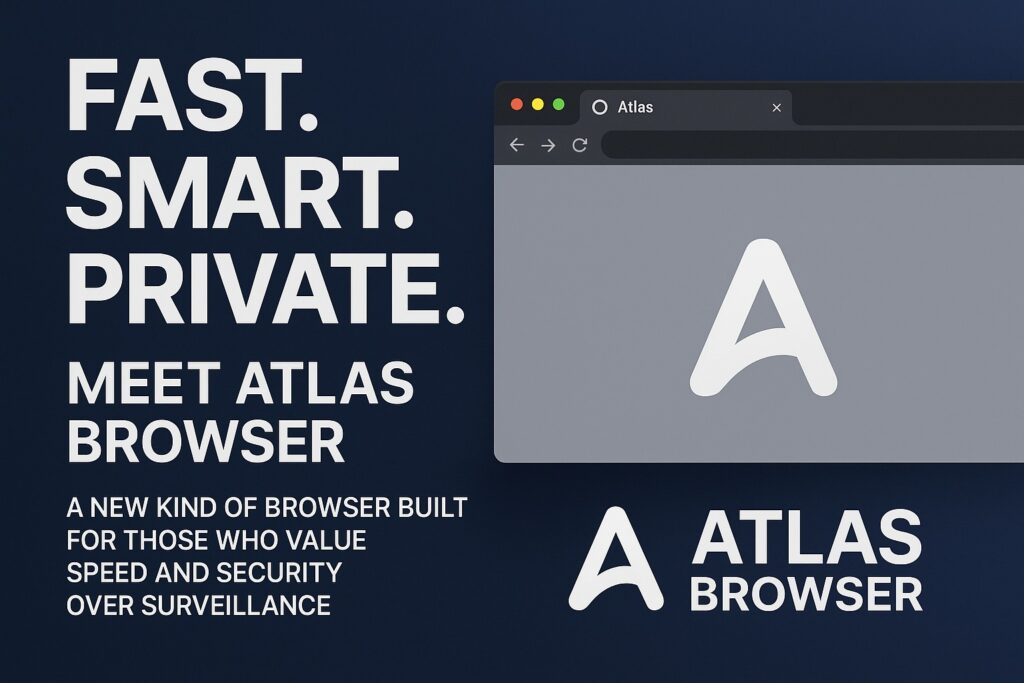
By Newswriters News Desk
OpenAI has launched Atlas, a new web browser integrated with ChatGPT, marking a significant move to redefine web browsing. Announced on Tuesday, Atlas features a sidebar for users to interact with ChatGPT about visited web pages and includes an AI agent capable of performing tasks on behalf of users. Available initially for macOS to ChatGPT users globally, Atlas is free, though advanced agent features require a ChatGPT Plus or Pro subscription. OpenAI’s CEO, Sam Altman, emphasized during a livestream that Atlas leverages AI to innovate beyond traditional browser features like tabs, which have seen little change in recent years.
Atlas aims to transform the browsing experience by prioritizing AI-driven interactions over conventional search results. Unlike Google Chrome, which recently added AI features like a Gemini chatbot “sparkle” button, Atlas places ChatGPT’s conversational responses at the forefront of its search functionality. For instance, a query for movie reviews yields a chatbot-style answer first, with tabs for traditional website links, images, videos, or news as secondary options. This inversion of the typical search experience underscores OpenAI’s focus on making AI the core of the browsing process, challenging Chrome’s dominance as the world’s most-used browser.
A notable feature of Atlas is its optional “browser memories” capability, which builds on ChatGPT’s existing memory tool. This feature allows the browser to store user search histories and preferences, using them to suggest relevant topics or automate tasks, such as revisiting useful websites or streamlining online routines. OpenAI’s lead designer, Ryan O’Rouke, highlighted upgrades to ChatGPT’s search functionality within Atlas, making it more intuitive and tailored to user needs. This memory-driven personalization sets Atlas apart in the competitive landscape of AI-enhanced browsers.
The launch of Atlas reflects a broader trend among tech companies to integrate AI into web browsers, with competitors like Microsoft’s Edge, Opera, Brave, and Perplexity’s Comet also experimenting with AI features. While Microsoft introduced AI via Bing in Edge’s sidebar, and others have followed suit, Atlas represents OpenAI’s first dedicated browser effort. Earlier this year, OpenAI tested an agent tool within ChatGPT for web tasks, though results were mixed. With Atlas, OpenAI aims to refine this integration, positioning itself as a key player in the ongoing “AI browser wars” and directly challenging established browsers like Google Chrome.



